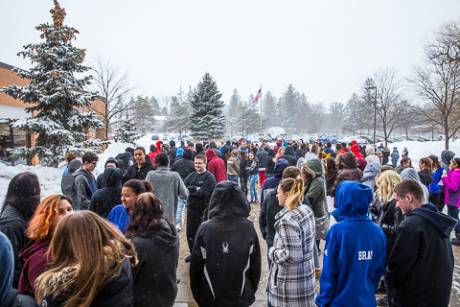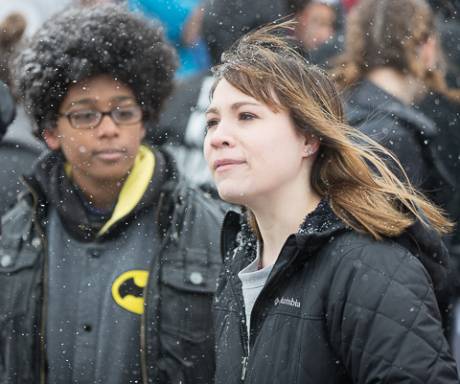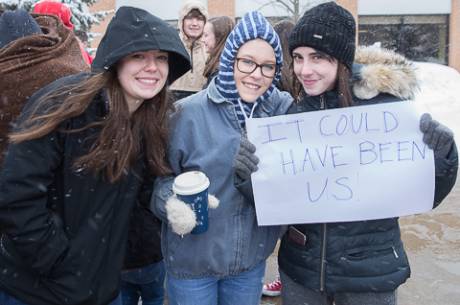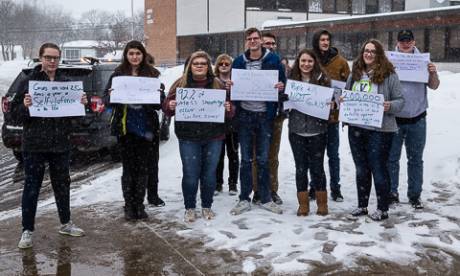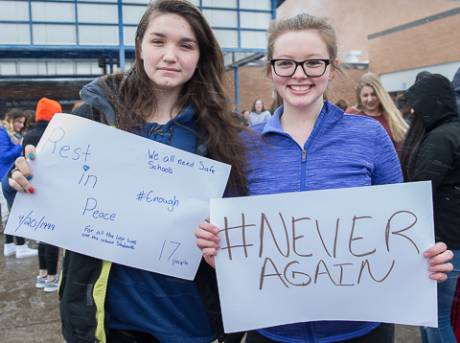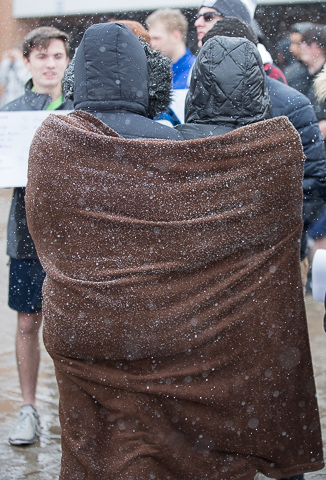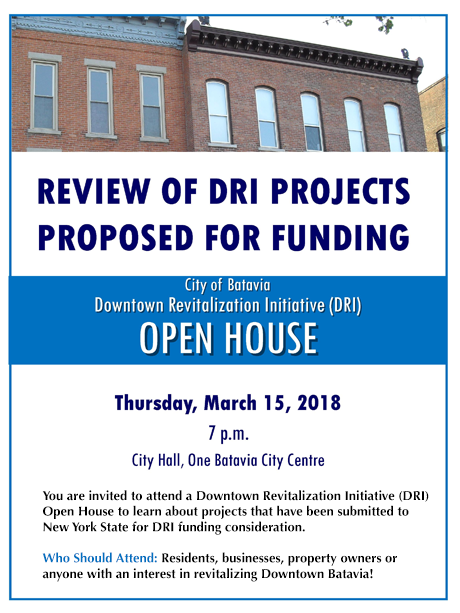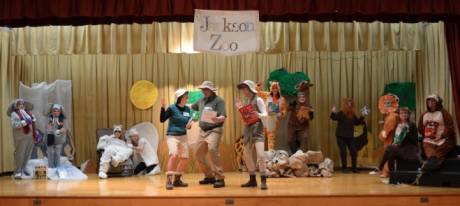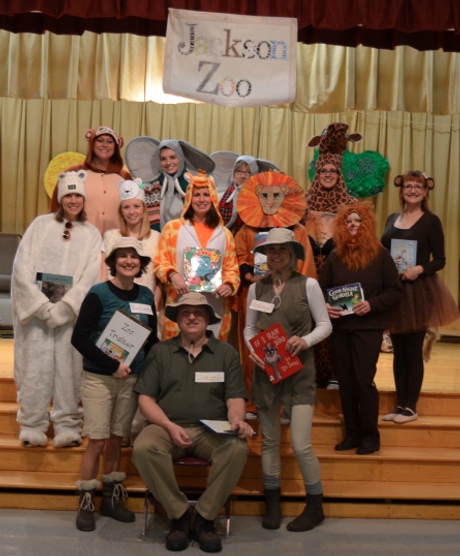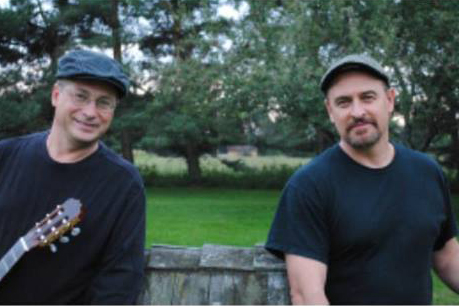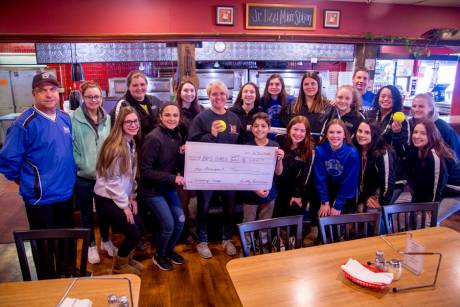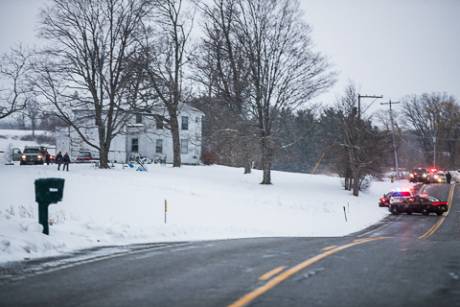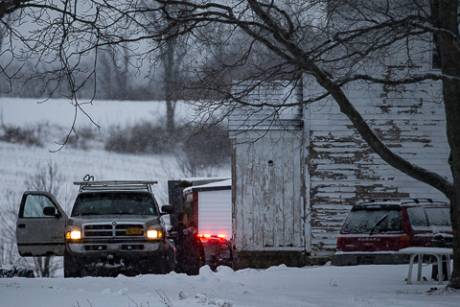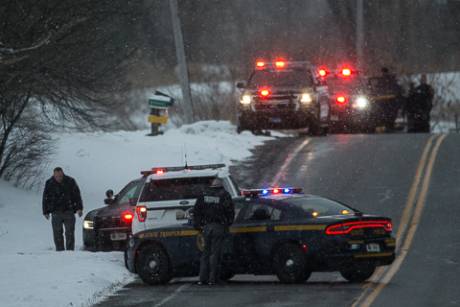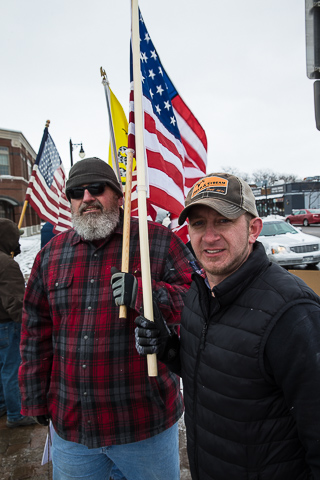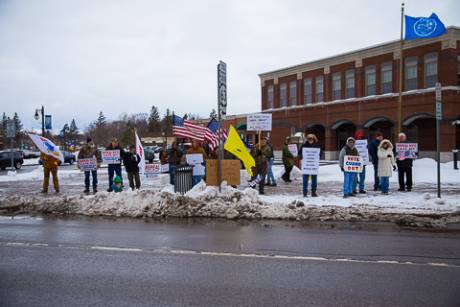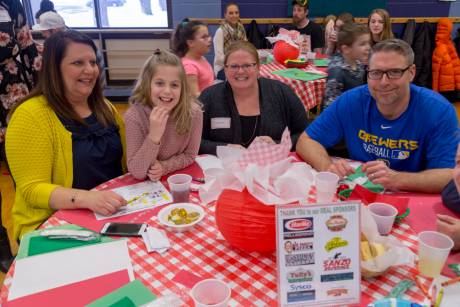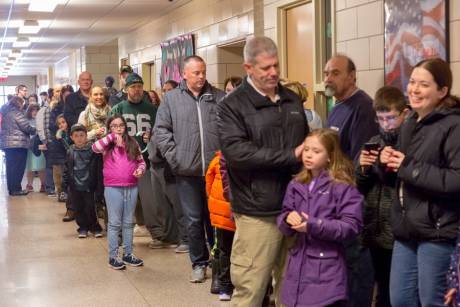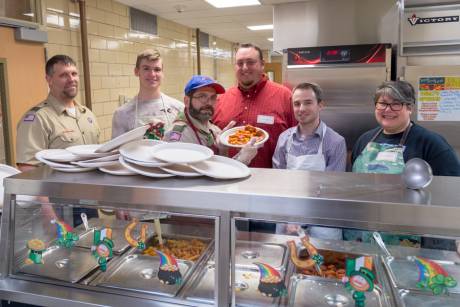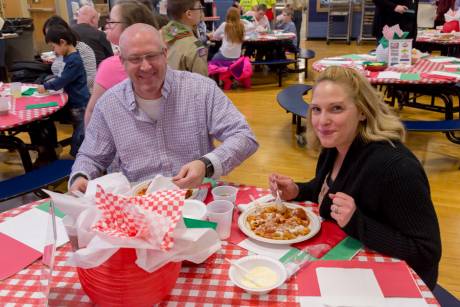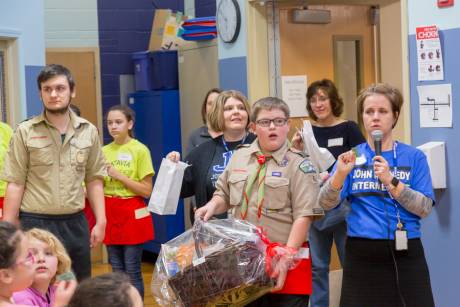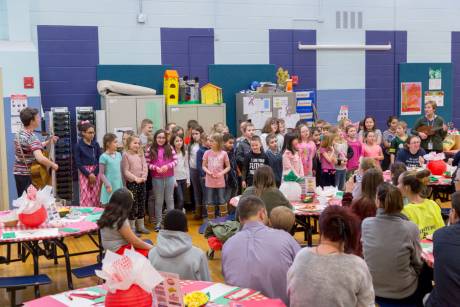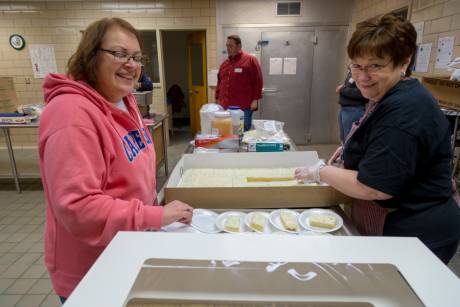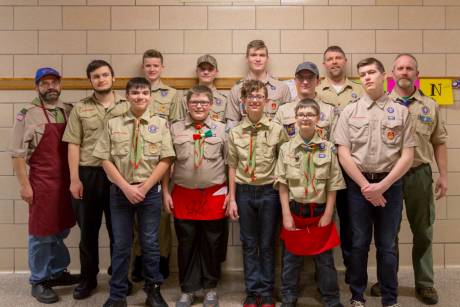St. Joe's students participate in anti-smoking program, Reality Check
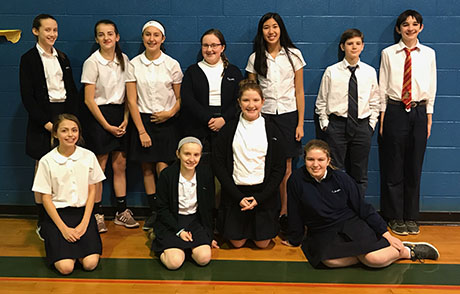
Press release:
Why did you join Reality Check? That’s the question Reality Check coordinator Brittany Bozzer asks each student when they join the tobacco-free advocacy group and attend their first meeting.
There is simply no right or wrong answer. But it’s always inspiring to find out why our youth advocates join us and what it means to them to be a part of the group.
Here’s what Reality Check members from St. Joseph School in Batavia have to say:
Seventh-grader Maylee joined Reality Check so that she could make a difference to smokers.
“I want to learn about the dangers of tobacco and other products so that I can educate peers and those who smoke,” Maylee said.
“I am anti-smoking smoking and think it is a bad habit or addiction for people to get involved with,” said James, also a seventh-grader, on why he got involved. “I also want to help out in the community.”
Amelia joined Reality Check to gain “knowledge, power, strength and confidence.”
And Paige joined to get “a good education on tobacco use and other drugs so that I can tell people about what I learned.”
Each young student has his or her own unique reason for joining, but there is one common thread. Each one has been affected by tobacco products in some way and they are choosing to help make a difference in their community.
What is Reality Check? Reality Check is a youth-based, adult-mentored, statewide youth program operated by the New York State Department of Health in Albany as well as Roswell Park Comprehensive Center.
The goal of Reality Check is to educate teens about the manipulative marketing practices used by the tobacco industry as well as to teach them how to advocate in the community for themselves and their peers.
What do we do? Reality Check exposes the truths about tobacco marketing through point of sale and smoking in movies.
Through various activities led by youth, they are able to gather facts and statistics to show the reality that tobacco use among youth is very prevalent in their community and that it needs to be stopped. This tobacco is not exclusive to cigarette use; it also includes e-cigarettes and vaping as these also contain nicotine.
Most youth begin to get involved in Reality Check between seventh and eighth grades and continue on through high school, bringing awareness to the community and advocating for change!


